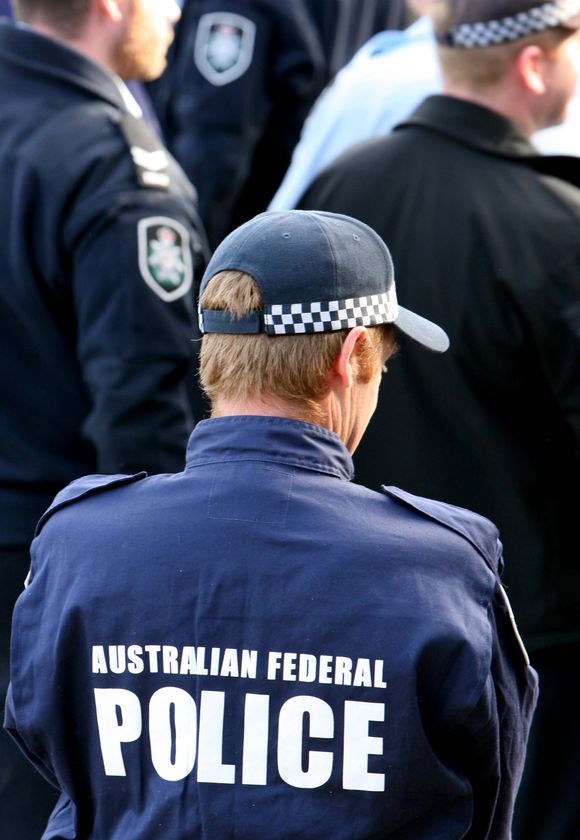AFP discontent continues
 Australian Federal Police (AFP) officers are gearing up for potentially unprecedented industrial action.
Australian Federal Police (AFP) officers are gearing up for potentially unprecedented industrial action.
Contention has emerged around an 11.2 per cent pay rise plus a starting bonus, a proposition the AFP deems insufficient, especially when contrasted with the flexible work-from-home conditions extended to other public servants.
The Australian Federal Police Association (AFPA) has criticised the offer, highlighting the unique risks and demands placed on AFP officers that their public service counterparts do not face.
“When was the last time a public servant from the Australian Bureau of Statistics received a needle-stick injury from a known drug user while on duty?” AFPA President Alex Caruana asks.
He has also questioned the fairness of equating AFP officers' work with those of other public servants who face significantly less risk.
This issue underscores a broader dissatisfaction with the Australian Public Service Commission's (APSC) one-size-fits-all approach to pay negotiations.
The APSC, supported by Minister for the Public Service Katy Gallager, faces backlash for prioritising work-from-home provisions over substantial pay increases, a stance that has sparked industrial action across various unions.
The debate intensifies as AFPA members consider protected industrial action, authorised by the Fair Work Commission, in response to what they see as an undervaluing of their contributions compared to other public service roles.
Despite criticism from several quarters, including employer groups and other unions, the Community and Public Sector Union (CPSU) has defended the pay deal.
CPSU National Secretary Melissa Donnelly countered criticism by highlighting the long-term business benefits of flexible working conditions.
However, Caruana remains steadfast, arguing that the current offer fails to acknowledge the unique challenges and risks faced by AFP personnel.
“This figure doesn’t reward or recognise you for the important work you undertake,” Caruana told AFP members, according to reports.







 Print
Print